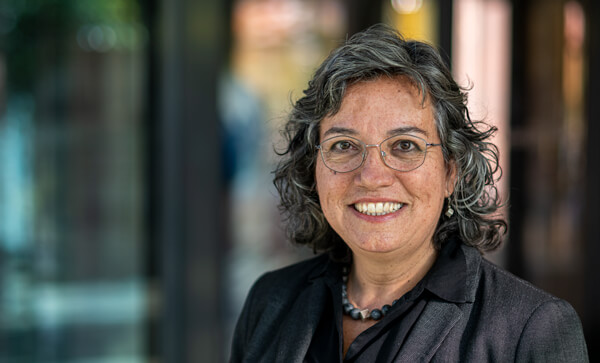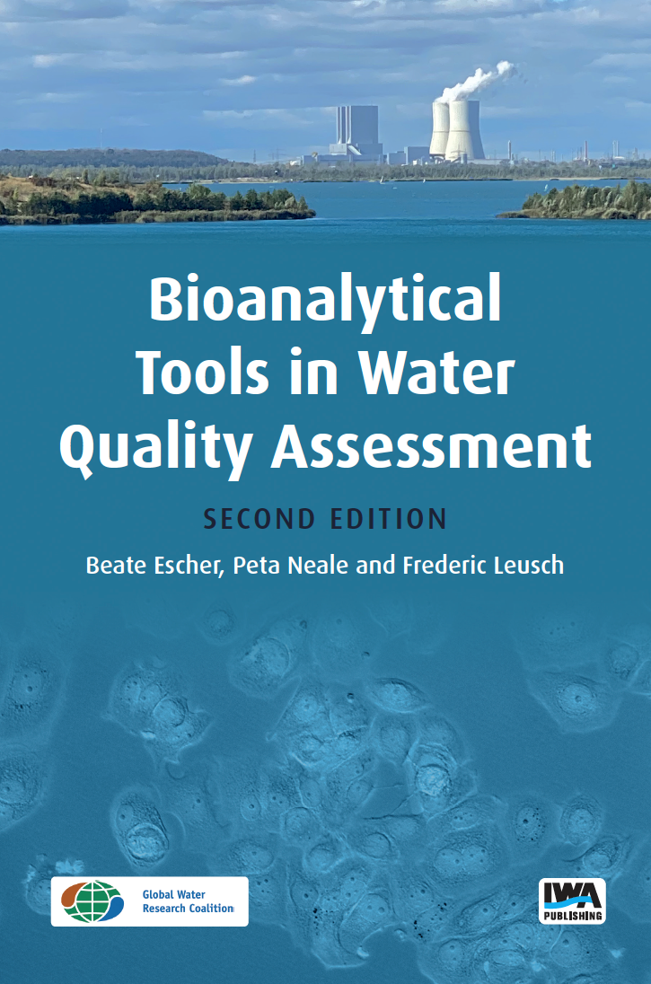Prof. Dr. Beate Escher

Address:
Permoserstr. 15
04318 Leipzig
Germany
Building: 7.3
Room: 2.019
Phone: +49 341 6025-1244
Prof. Dr. Beate Escher
Beate Escher is Head of Department of Cell Toxicology since October 2014. She holds a professorship in Environmental Toxicology at Eberhard Karls University Tübingen. She is lecturer (Privatdozent) at the Swiss Federal Institute of Technology in ETHZ, Switzerland. She holds a honorary professorship at the University of Queensland and an adjunct professorship at Griffith University, Australia. She is member of the board of reviewing editors at SCIENCE and was a member of the German Council of Science and Humanities from 2017 to 2024.
Beate Escher received her PhD in Environmental Chemistry from the Swiss Federal Institute of Technology in Zürich, ETHZ, Switzerland. In 2002 she completed her habilitation in Environmental Toxicology and Chemistry at ETHZ. She held a previous appointment as group leader at the Swiss Federal Institute of Aquatic Science, Eawag, in Dübendorf, Switzerland from 2002 to 2008. From 2009 to 2013 she served as Deputy Director of the National Research Centre for Environmental Toxicology at the University of Queensland in Brisbane, Australia and held an Australian Research Council Future Fellowship (2011-2014). In 2020 she was among the “Highly Cited Researcher” (Web of Science / Clarivate, top 0.1% scientists). In 2023 she was recognized with the “Outstanding Achievements in Environmental Science and Technology” Award by ES&T and ES&T Letters and the ACS Division of Environmental Chemistry (ENVR).
Beate Escher is internationally recognized for her work on chemical pollution in the environment. Her research focuses on developing scientifically sound in vitro tools and methodologies for hazard and risk assessment of micropollutants in the environment and in people. Escher’s expertise includes the development of in vitro bioassays and applications of new approach methodologies (NAMs) for (bio)monitoring and mode-of-action based effect assessment of organic micropollutants including consumer products, pharmaceuticals, pesticides and persistent organic pollutants, (environmental) transformation products. She works towards improving dosing and interpretation of high-throughput in vitro bioassays and developed the robotic bioassay platform CITEPro at UFZ. More practically oriented research areas include extraction methods for sediment, biota and human tissue/blood; mixture concepts, experiments & modelling; applications of in vitro tools for water quality assessment and biomonitoring in fish, mammals and human tissues.
UFZ Environmental Toxicologist Prof. Dr. Beate Escher in portrait
Researcher unique identifiers:ORCID
Researcher ID
X
Bioanalytical Tools in Water Quality Assessment

IWA Publishing, ISBN electronic: 9781789061987
Bioanalytical Tools in Water Quality Assessment
